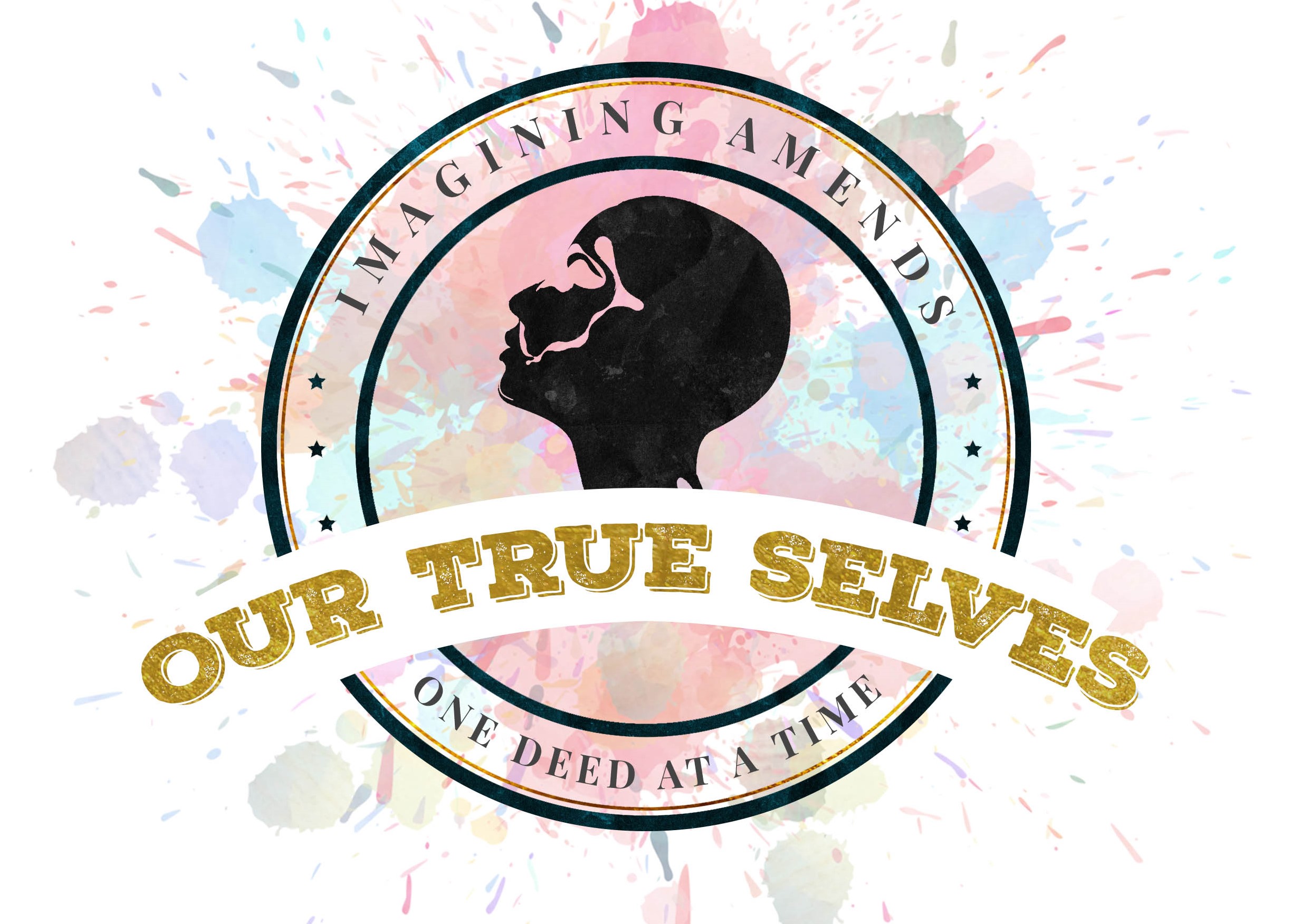Ready to Talk, Listen, and Be Heard?
If you’re like many of us we’re overwhelmed nowadays by the enormity of addressing the current state of political issues in our country. A remedy we propose here is to speak the truth to one another without accusation. We’ve identified accusation as the key dynamic that snares us. By pitting us against one another it robs and cheats us out of the unity that could resolve our polarized debates. We may think we want to win over the other side to our point of view. Irrationally we believe that accusing them will force them to concede. We keep trying despite the proven reality that it nearly never happens. Instead we forfeit the unity that will move things forward beyond our same old cycles of contention and discord. Mutual recriminations are the deep enemy of our civic unity. No one gets heard by the other side, but only by those who already agree.
Culture of Accusation: Like Listening through Brick Walls
An effective alternative to accusation is to lament about common crises and offer mutual aid for resourcing each other to achieve shared, incremental goals. Until we’re able to exercise those key skills of speaking truth without accusation, voicing lament and offering mutual aid, our cycles of discord will continue to operate, intensify, and accelerate exponentially. So-called ‘speaking to our base’ and ‘speaking truth to power’ are self-indulgent traps in that regard. They mask a covert ‘will-to-power’ that maintains and plays into the cycles of accusation, instead of breaking through accusation as the real enemy: accusation that keeps us hearing each other as if through brick walls.

Repeating the Remedy
But propagating the power and skills of an alternative approach can be challenging. Recall for example medical officials who, during the current pandemic, are required to promote the same remedy over and over again despite resistance. Yet practicing the same remedy over and over again is key to a breakthrough. For we actually need a critical mass of conversations to occur in order to achieve the required change, and to keep us from collapsing back inside an energy well or vortex of mutual suspicion, mistrust of motivations, and contagious hopelessness—not to mention collapsing back into our resentments, bitterness or anger. Those dynamics will drain our will-to-concord and misdirect our energies. Instead, best practices for skilled, disciplined listening are called for here.*
Practicing Skilled Conversations*
Naming those skills provides the perspective we need for partnering and collaborating in the days ahead. Join us in private conversations as well as public speaking to make a decisive contribution to civic restoration. Let’s commence together this next stage of ongoing conversations and culture change. Thank you for heroically implementing best practices like the Skilled Conversations model below.* Thank you for ‘being there’ as friends, associates, and fellow citizens of our noble commonwealth.
SKILLED CONVERSATION PRACTICE*
Here are three simple guidelines or ground rules that are commendable as a best practice for the kind of private or organized group conversations that can achieve and foster skilled listening.

1. Each person gets an equal turn.
Anywhere from one minute to half an hour or more is good. The time that is available is divided equally, and turns are timed so that each person gets the same number of minutes to talk.

2. Listeners do not interrupt, comment, analyze, give advice, or break in with a story of their own.
Listeners are often tempted to do these things with the best of intentions. For skilled listening, however, such interruptions interfere with each person doing his or her own thinking: the heart of why shared listening is so effective.

3. Whatever anyone says during a shared listening session is held confidential until permission is given to share.
Never mentioning it anytime or anywhere, even to the speaker (!) —without the speaker’s say so, gives us all a rare but powerful safety to explore our innermost issues or troublesome thoughts and feelings. Then appropriate action can follow!

IMPORTANT: Conversation partners agree to each Ground Rule in advance.
If relaxedly but intentionally followed, these ground rules can enable people with sufficient good will to hear one another’s most heartfelt and strongest commitments across major differences and tough issues. Topics can include everyday experiences and range through thorny political issues as well as lifestyle choices, faith matters, life cycles and identities like youth and aging.

________________
Adapted from Russ Vernon Jones: ‘Support Listening for Teachers’ and www.russvernonjones.org



